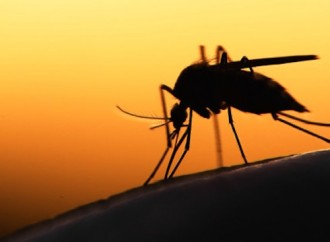Scientists continue to be confronted by new questions surrounding the Zika Virus Disease.
In July, the Utah Department of Health was alerted to a person diagnosed with the Zika virus despite not traveling to a place with Zika or having sexual contact with a person who had. The person had, however, cared for an elderly male family contact that had contracted the virus while traveling and had died the month prior. The researchers did not specify if the two people were related, but defined a family contact as someone who lived in the same household as the infected person or had direct contact with his body fluids.
The U. S. Centers for Disease Control and Prevention (CDC) launched an investigation into the case in July, alongside Utah health authorities, and on Tuesday the agency released its report. Unfortunately, everyone is still stumped.
The elderly person who died with Zika had levels of the virus that were about 100,000 times higher than the average levels reported in other people with Zika. The family contact who later became infected told experts that they hugged and kissed the elderly man, and helped hospital workers hold him while stool was cleaned, though they did not have contact with the stool. There were 13 other family contacts who said they hugged and kissed the family member and five family contacts said they were present when his stool, urine or vomit were cleaned. Only the one person became infected.
The researchers also trapped mosquitoes around the homes of the people involved, and are in the process of testing them for Zika. However, they did not find either of the two types of the mosquitoes known to carry the virus.
Does this mean that Zika could be spread in ways beyond mosquito bites and sex—like kissing and hugging? As of now, public health experts say it’s unlikely, but admit they cannot explain how the person in Utah with no risk factors got the virus.




Leave a Reply